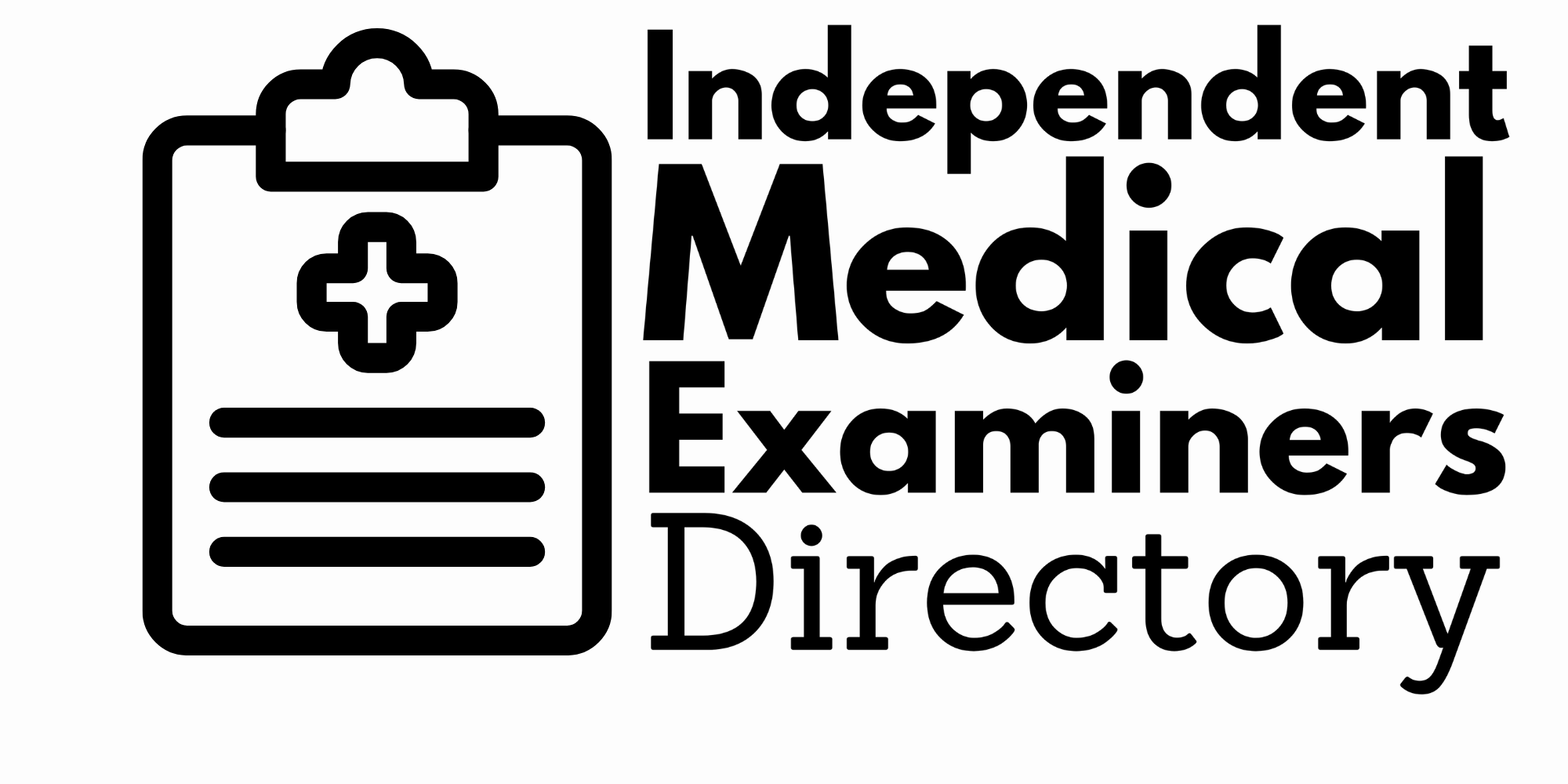When a personal injury case lands on your desk, one of the first questions is often, “Who can explain this injury in a way a jury will understand?” That’s where personal injury medical experts come in. They bridge the gap between complex medical facts and everyday understanding.
Why They Matter
In a personal injury case, the right medical expert isn’t just there to recite a diagnosis. They help paint the full picture:
How the injury happened.
Whether treatment was appropriate and timely.
What the future holds for recovery—or permanent limitations.
How the injury connects (or doesn’t) to the alleged incident.
Jurors may see X‑rays or hear medical terms, but without someone to translate and put them into context, those details can get lost. A strong expert makes the medicine clear, credible, and relevant.
The Range of Experts You Might Need
Personal injury is a wide umbrella, and the types of medical experts vary depending on the specifics of the case:
Orthopedic Surgeons: for fractures, joint injuries, back and spine issues.
Neurologists or Neurosurgeons: for head trauma, concussions, nerve injuries.
Emergency Medicine Physicians: for initial treatment decisions and timelines.
Physical Medicine & Rehabilitation Specialists (PM&R): for recovery potential and therapy needs.
Pain Management Specialists: for chronic pain and long‑term treatment plans.
Life Care Planners: for projecting future medical needs and costs.
Psychologists/Psychiatrists: for emotional or cognitive effects after trauma.
Each brings a unique perspective—and sometimes you’ll need more than one to cover causation, treatment, and damages.
What Makes a Personal Injury Expert Effective
The most persuasive experts in personal injury cases share a few traits:
Clear communicators – They can explain complex anatomy without talking down to jurors.
Clinically current – They’re active in their field or recently retired, so their opinions reflect today’s standards.
Balanced approach – They can acknowledge nuances and gray areas without losing the core message.
Good with timelines – They help the fact‑finder understand what should have happened, when, and why.
How Attorneys Work With Them
Most attorneys bring an expert in early—sometimes before filing—to shape discovery and anticipate the other side’s arguments. This can involve:
Reviewing medical records and imaging.
Giving a preliminary opinion on causation and damages.
Advising on additional testing or specialists.
Preparing demonstratives for mediation or trial.
By the time deposition or trial arrives, the expert is ready to teach—not just testify.
Common Pitfalls
Choosing the wrong expert, or waiting too long to hire one, can hurt your case. Pitfalls include:
Hiring someone whose specialty doesn’t exactly match the injury.
Using a treating provider who lacks forensic experience.
Overlooking an expert’s prior testimony that could be used for impeachment.
Failing to prepare them for cross‑examination on causation or alternative explanations.
The Bottom Line
In personal injury work, medical experts aren’t just an accessory—they’re often the backbone of your case theory. The right one will connect the dots from incident to injury to impact, in a way that’s clear, credible, and compelling.
If you’re building your expert list, think about the story you need to tell. Then find the voices who can tell it well.
Ready to find a personal injury expert? Search by specialty in our directory and connect directly with professionals experienced in plaintiff, defense, and independent evaluations.
